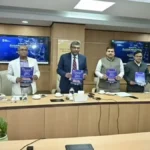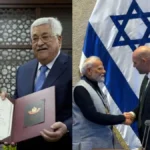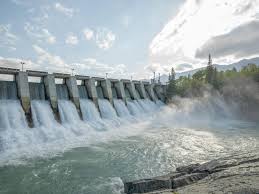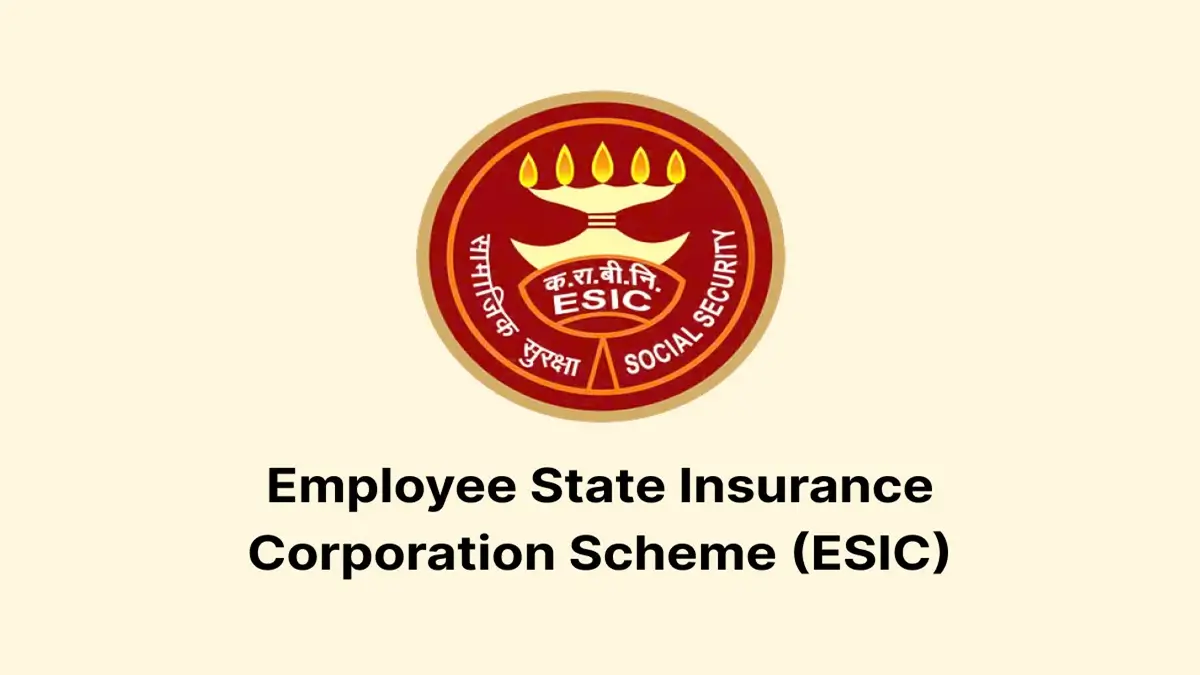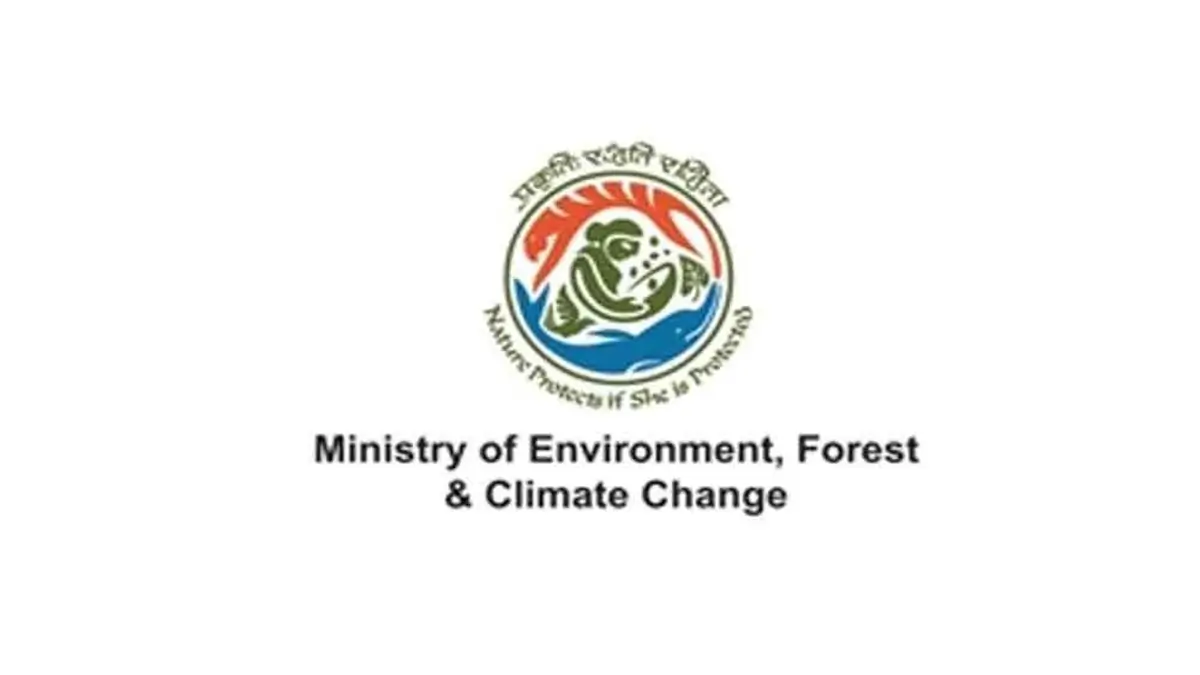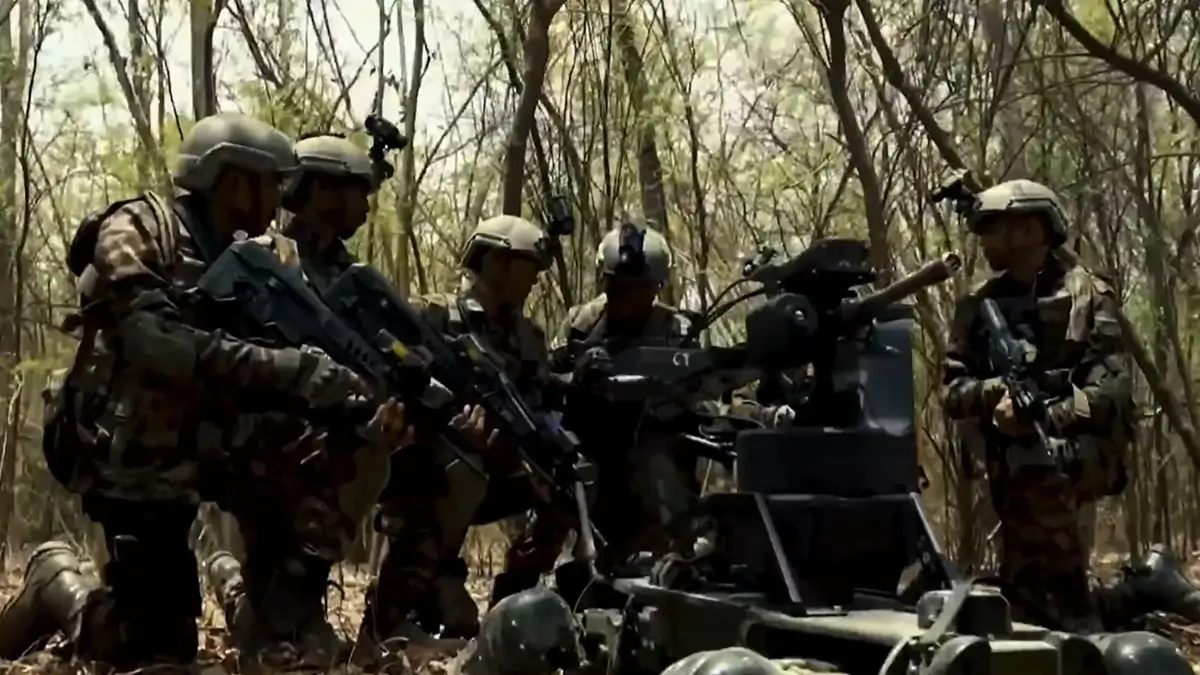Background of the Pahalgam Terror Attack
On April 25, 2025, a coordinated terror strike in the Pahalgam area of South Kashmir targeted a civilian convoy en route to the Amarnath pilgrimage site. The attack, claimed by a Pakistan-based militant group, left 12 pilgrims dead and several injured. In response, the Government of India has unveiled a robust 5-point action plan aimed at holding Pakistan accountable, both diplomatically and economically.
1. Suspension of All Bilateral Talks
India announced that all bilateral dialogues—including dialogue on trade, culture, and security—would be put on hold until Pakistan takes concrete action against the terrorist outfits responsible. This suspension includes the Foreign Secretary–level talks, Track-II dialogues, and any meetings of the Joint Working Groups.
2. Halt to Cross-LoC and Transit Trade
To exert economic pressure, New Delhi has ordered the immediate suspension of Cross-Line of Control (LoC) trade and transit trade routes that facilitate goods movement between India and Pakistan via Jammu & Kashmir. This measure is expected to hit trade revenues derived from handicrafts, agriculture, and consumer goods.
3. Revocation of Most-Favoured-Nation Status
Invoking provisions under the WTO framework, India has decided to revoke Pakistan’s Most-Favoured-Nation (MFN) status, thereby placing Pakistani goods on higher tariff slabs. This move is meant to increase the cost of imports from Pakistan and signal India’s displeasure at state-sponsored terrorism.
4. Review of the Indus Waters Treaty
India has also announced a comprehensive review of the Indus Waters Treaty (IWT), under which it currently releases water from the eastern rivers. While not an outright termination, this review could lead to renegotiation or strategic withholding of water, should Pakistan fail to curb terror launches from its territory.
5. Internationalising the Kashmir Issue
Finally, India will step up efforts to internationalise cross-border terrorism through diplomatic channels at the United Nations, G20, and SAARC, seeking a united front against state-sponsored militancy. New Delhi plans to present dossiers detailing Pakistan’s support to terror networks.
Domestic and Global Reactions
The opposition parties in India have widely backed the government’s firm stance, calling it “long overdue.” Meanwhile, Islamabad has condemned the measures as “unilateral and unjust,” warning of reciprocal steps. Global powers, including the United States and the European Union, have urged restraint on both sides while reiterating the need to tackle terrorism at its source.

B) Why This News is Important
Significance for Foreign Policy and Security Studies
India’s 5-point action plan marks a pivotal shift in its Pakistan policy—from purely defensive counter-terror operations to economic and diplomatic coercion. For aspirants of the Indian Foreign Service, Defence Services, and Civil Services, understanding this multipronged approach is crucial for questions on India’s strategic doctrines, sanctions policy, and water diplomacy.
Relevance for Economy and International Law
The revocation of MFN status and the suspension of cross-LoC trade touch upon international trade law, WTO obligations, and regional economic interdependence. Banking and railways exam candidates may see related questions on trade relations, tariff structures, and impact on local economies in Jammu & Kashmir.
C) Historical Context: India–Pakistan Relations and Terrorism
Since independence, India and Pakistan have fought three wars, interspersed with periods of dialogue. The Kashmir dispute has remained the core irritant, giving rise to frequent terrorist infiltrations. Post-2003 ceasefire, bilateral talks regained momentum but repeatedly stalled after major strikes—Mumbai (2008), Uri (2016), Pulwama (2019), and now Pahalgam (2025). Each attack has pushed India to adopt tougher measures, ranging from surgical strikes to diplomatic isolation, demonstrating a cyclical escalation in retaliatory tactics.
D) Key Takeaways from “India’s 5-Point Action Plan Against Pakistan After Pahalgam Terror Attack”
| S.No. | Key Takeaway |
|---|---|
| 1 | India has suspended all bilateral talks with Pakistan until action is taken against terror groups. |
| 2 | Cross-LoC trade and transit trade routes have been halted to exert economic pressure. |
| 3 | Pakistan’s Most-Favoured-Nation status has been revoked under WTO provisions. |
| 4 | The Indus Waters Treaty is under comprehensive review, with potential for renegotiation. |
| 5 | India will internationalise the Kashmir terror issue at the UN, G20, and SAARC to isolate Pakistan. |
FAQs: Frequently Asked Questions
1. What is the Pahalgam Terror Attack?
The Pahalgam terror attack occurred on April 25, 2025, when militants, reportedly backed by Pakistan-based terror groups, targeted a civilian convoy near the Amarnath pilgrimage site in South Kashmir. The attack resulted in the death of 12 pilgrims and several injuries.
2. What is India’s response to the Pahalgam Terror Attack?
India’s response includes a 5-point action plan:
- Suspension of all bilateral talks with Pakistan.
- Halt to Cross-LoC and transit trade.
- Revocation of Pakistan’s MFN status under WTO regulations.
- Review of the Indus Waters Treaty.
- Internationalizing the Kashmir terrorism issue at global platforms like the United Nations and G20.
3. What does the suspension of bilateral talks mean?
The suspension of bilateral talks means that all forms of diplomatic engagement, including trade discussions, cultural exchanges, and security dialogues with Pakistan, are put on hold until Pakistan takes concrete steps to curb terrorism emanating from its territory.
4. How does revocation of MFN status affect Pakistan?
By revoking Pakistan’s Most-Favoured-Nation status, India imposes higher tariffs on Pakistani goods, thereby increasing the cost of imports. This move is aimed at exerting economic pressure on Pakistan as part of India’s broader diplomatic strategy.
5. What is the significance of reviewing the Indus Waters Treaty?
The Indus Waters Treaty (IWT), signed in 1960, regulates water usage between India and Pakistan. India’s decision to review the treaty could lead to a partial or complete halt in water supply from India to Pakistan’s western rivers, increasing diplomatic tensions between the two nations.
Some Important Current Affairs Links





